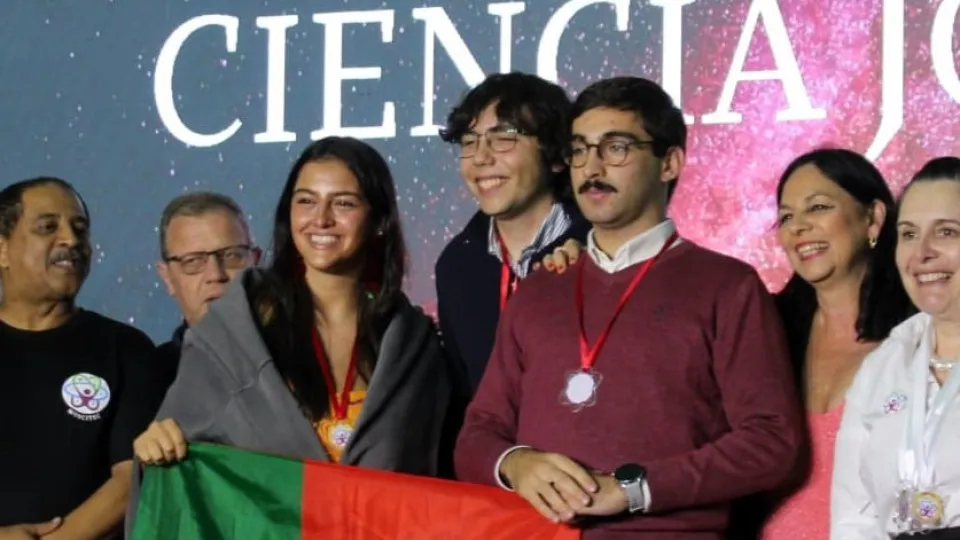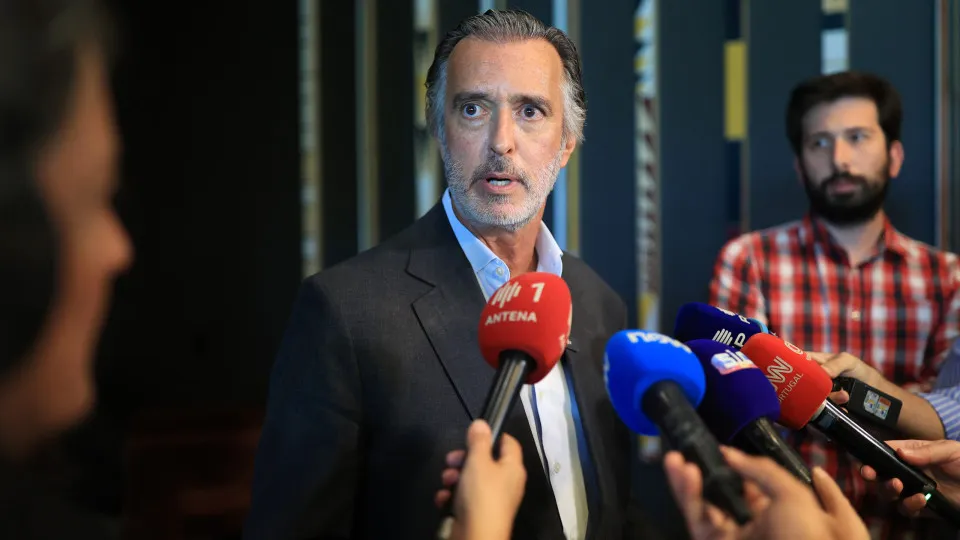
A group of young scientists was recognized for their project titled “Monitoring the Population of the Magpie (Pica pica) in Reguengos de Monsaraz as a Species Roost (2022-2025),” earning an award in the Biological Sciences category.
In addition to this accolade, Portuguese students received a prize granting them access to “Ciência Jovem,” one of the largest science fairs in Brazil, held in Pernambuco.
The three students from Agrupamento de Escolas de Reguengos de Monsaraz – Alexandre Reis, Filipe Góis, and Pilar Silva – were chosen to represent Portugal at this event following their victory at the National Competition for Young Scientists and Researchers 2025, organized by the Youth Foundation.
Under the coordination of Professor Pedro Grilo, the team developed a project focused on the magpie, the only black-and-white plumaged corvid in Portugal.
Their monitoring in Reguengos de Monsaraz, located in the district of Évora, revealed “the largest recorded concentration of magpies in the country, with over 1,000 individuals,” a discovery that “offers potential for the development of local ornithological tourism, as this species plays essential roles in ecosystems, like carcass cleaning and acorn dispersal,” according to a statement from the Youth Foundation.
The 9th edition of MOSCITEC, nationally represented by the Youth Foundation, gathered around 500 projects from over 2,000 young scientists ranging from early education to post-secondary studies at the Municipal Basic Education School Dr. Liberato Salzano Vieira da Cunha in Porto Alegre, Rio Grande do Sul, Brazil.
Since 1992, the Youth Foundation has organized the National Competition for Young Scientists and Researchers, a leading scientific initiative in Portugal. Aimed at young people aged 15 to 20, it welcomes secondary and first-year higher education students with scientific and research projects developed within school settings, recognizing the best and most promising submissions.
Besides monetary prizes, the Youth Foundation selects projects to represent Portugal and participate — with all expenses paid — in major science fairs and competitions worldwide, such as EUCYS in Europe, CASTIC in China, or ISEF in the United States of America.
Portuguese delegations sent to various international young science exhibitions frequently achieve distinctions.
This week, the project “Observational Constraints on Vector-like Dark Energy,” developed by Porto student Carolina Coelho, won the silver medal at EUCYS – the EU Contest for Young Scientists, organized by the European Commission.




